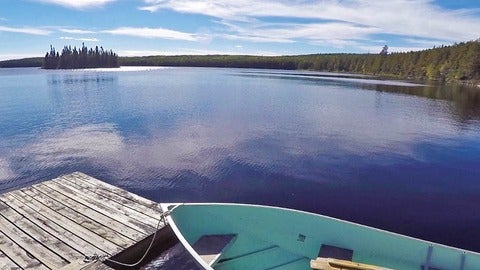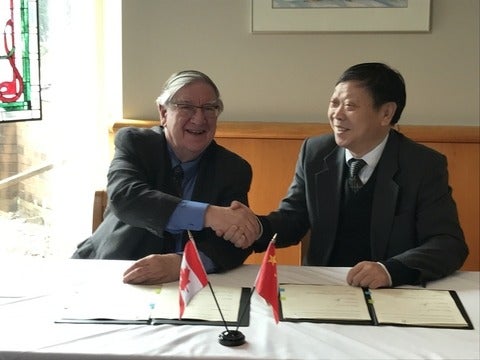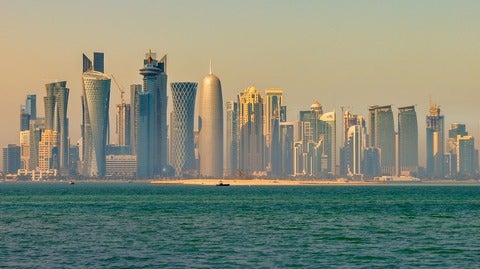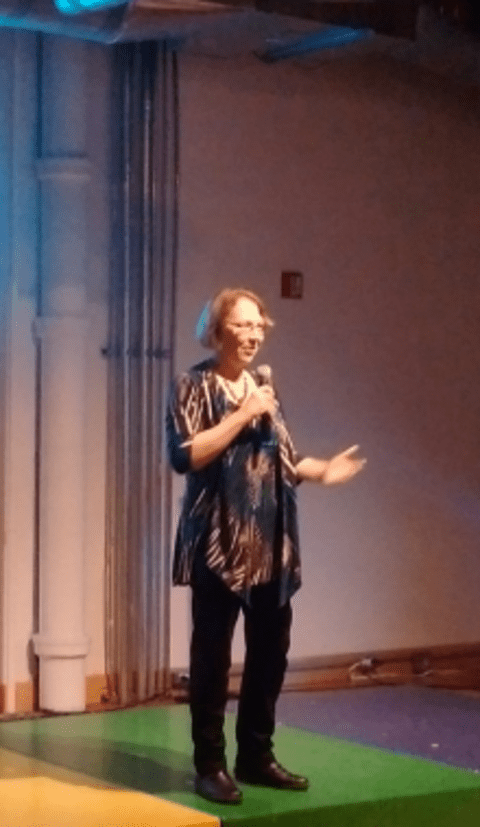Discovery in northern lakes may be key to understanding early life on Earth
A team of researchers has discovered that many Canadian lakes can provide new insights into ancient oceans, and their findings could advance research about greenhouse gas emissions, harmful algal blooms, and early life forms.









